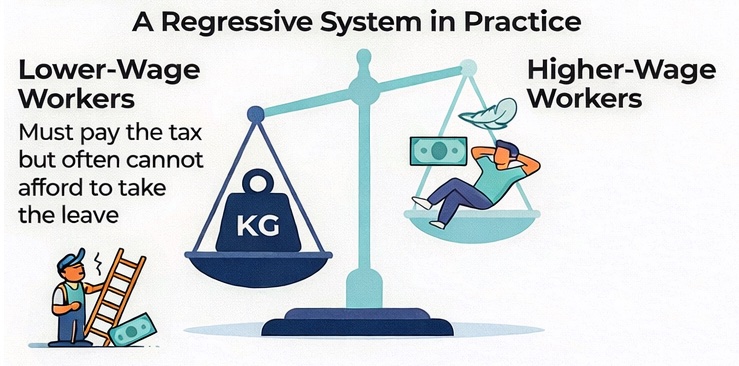While Star Wars fans are counting down the days to celebrate Star Wars Day on May 4 and party-goers are planning their May 5 Cinco de Mayo festivities, union executives are excitedly preparing for the lesser known Secret Union Negotiations Day on May 3.
Okay, Secret Union Negotiations Day is not really a day, but it should be. On May 3 union executives of the Washington Federation of State Employees (WFSE) will meet with the governor’s office behind closed doors and begin the secret collective bargaining contract negotiations over the salary and benefits of state workers.
Despite boasting one of the nation’s strongest open meetings and public records laws, our state does not consider public employee contract negotiations to be covered by those laws. The entire process is shrouded in secrecy.
The lawmakers who will approve or reject funding the final contract agreement are not allowed to witness the negotiations between the governor’s office and the union—they are only allowed to approve a contract agreement in its entirety or reject the whole package. The taxpayers who will ultimately foot the bill for whatever agreement is approved are not allowed to witness the negotiations—they are only allowed to keeping paying the taxes that fund the agreement. Heck, even the workers on whose behalf the union is negotiating are not allowed to sit in on the negotiations—they are only allowed to know what the union “bargaining team” decides to tell them.
In a nutshell, no one has access to what the governor’s office has agreed to with the union representing public employees until well after that agreement has been struck. And it takes filing a public records request to learn, months after the fact, the details of each side’s proposal and ensuing negotiations that led to the finalized contract agreement.
WFSE brags that last year “we won the largest compensation package since we gained the right to negotiate.” And while union executives have yet to tip their hand on what they will be demanding for state workers this year (unlike the union executives of the Washington Education Association, who gleefully say they will be asking for “double-digit pay raises” for all public school employees thanks to the McCleary school funding increases), the WFSE website repeatedly says “fair pay is a priority for our union.” Apparently the union does not believe winning the largest compensation package got state workers to a “fair pay.” But no one really knows what they will ask for to achieve the seemingly elusive (not to mention vague and subjective) “fair pay” since everything is secret.
A great example is the 2014 contract negotiations, when WFSE issued an urgent update to members declaring the state’s contract offer to be “totally unacceptable.” What is a "totally unacceptable" compensation contract offer: Is it no raise? A 2% raise? A 6% raise? A 10% raise? The public had no idea what offer the state had made that the union deemed to be "totally unacceptable," and neither did union members for that matter.
How does such secrecy serve the public interest, when even the state workers whose livelihoods are being negotiated are not allowed to watch what the union representing them is doing? Shouldn’t those workers be able to see firsthand what offers and counteroffers are being made by union executives in their name? A policy of open negotiations would identify whether one side or the other is being unreasonable, and would quickly reveal who, if anyone, is acting in bad faith.
Union executives say such transparency would be “disruptive,” would lead to “intimidation” of union members that is akin to “domination” and would constitute an “unfair labor practice.”
But as the Freedom Foundation points out, open collective bargaining is now being done in several local jurisdictions, and the sky has not fallen. These local governments have lifted the veil of secrecy and successfully conducted contract negotiations in public. There have been no riots, no incidents of bullying, or attacks on union members, as unions melodramatically claimed would happen.
So why not make transparency the law of the land?
Initiative 1608 would do just that, making collective bargaining sessions between government and public employee unions open for public observation and recording, making bargaining proposals public, and establishing an online library of public collective bargaining agreements.
Shining a light on what is now a secretive process will benefit workers, lawmakers, media, and taxpayers. And while union executives argue otherwise, it will also ultimately benefit the union by allowing members to know how the union is representing them. After all, as the saying goes, sunshine is the best disinfectant.
If voters approve I-1608, we could quit calling May 3 Secret Union Negotiations Day and instead celebrate it as Your Right to Know Day.





